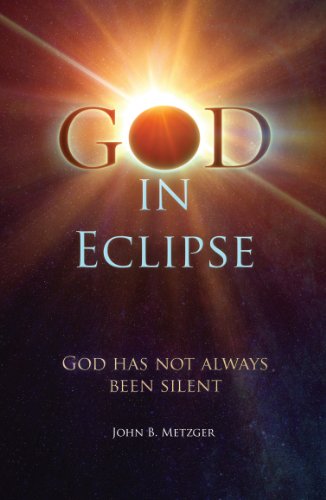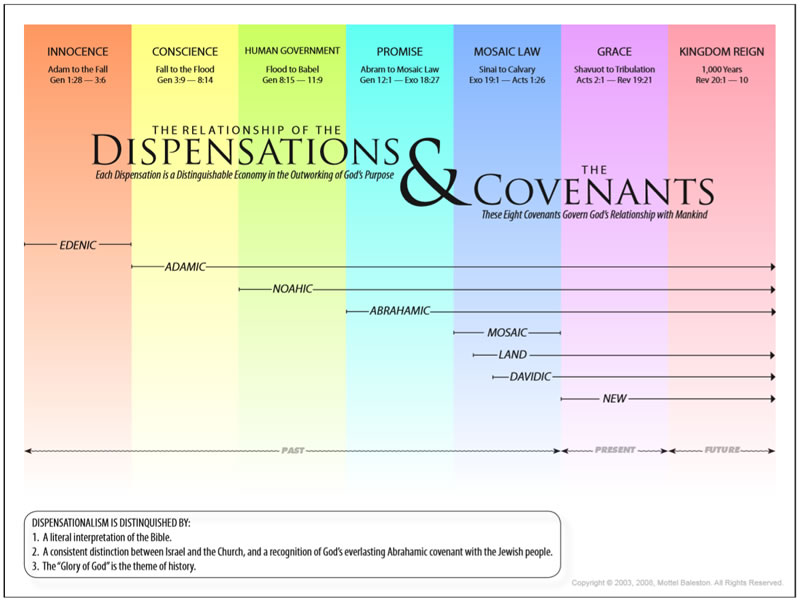
John Metzger’s book, God in Eclipse: God Has Not Always Been Silent, is a totally unique study for the inquiring lay person, Jewish or Christian, who wants to know the God of the Hebrew Scriptures. It is written particularly to Jewish people who have not been trained in the Scriptures and who wo...


